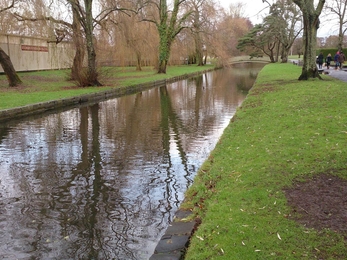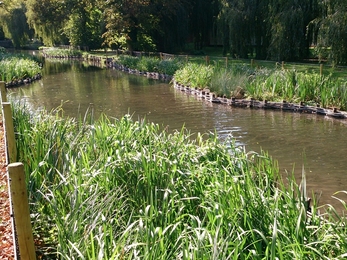Rather than starting from the position of building higher and more expensive walls to stem the rising tide, we need a total rethink of our relationship with the land, our coasts, rivers and floodplains. We should be looking at what we can do to work with natural solutions, rather than waging the unwinnable war on water.
This is not, however, what's happening currently. Instead of investing in a robust and sustainable natural environment that could help both tackle climate change and better cope with its consequences, we are increasingly seeing swathes of our floodplains and coastal habitats being lost to development. With the ever-rising pressure for more homes and short-term economic growth, we are losing sight of the long-term costs. Councils are pushing forward with expensive and environmentally damaging developments, such as that proposed at Tipner (Portsmouth's new 'super peninsular'), which will see areas already partially below sea level, reclaimed and defended in order to accommodate homes which may be submerged within a few decades.


